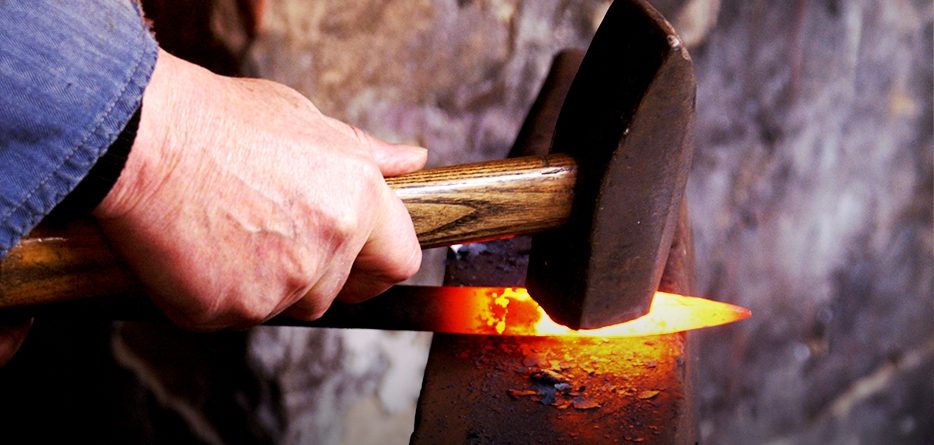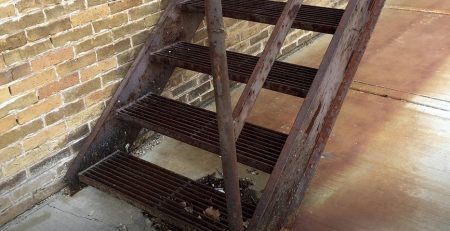Blacksmithing Thorough History- A Quick View
Blacksmithing has a long, interesting history that dates back to around 1,500 BC. The craft has evolved over time and become sophisticated and intricate. Modern blacksmiths use age-old techniques along with the latest tools to shape and form metal. At Boston Ironworks, we like to reflect on our history and understand how blacksmith work has evolved over the years. Here’s a brief introduction to the history.
How It Started
Historians believe that blacksmithing started in around 1,500 BC in what is present day Syria. The first attempts were very crude because people used blunt stone instruments to beat the metal into shape. Early miners would take the raw iron ore to bloomeries, which were places where the metal would be smelted for use by blacksmiths. They were beehive-like structures made of stone that could bear high temperatures and repeated use.
The ironworking profession developed in areas where iron, fuel, and flux were widely available. Ironworking didn’t spread or develop much for several hundred years after the first use; and for a very long time man only made crude weapons like fairly blunt knives, spear tips, and arrow heads. It took near constant effort and innovation for this craft to reach the level of sophistication that you see in blacksmith work in Boston today.
The Height of Blacksmithing
As technology developed and man started understanding blacksmithing, the profession became more widespread. A blacksmith could be found in every town or village and most of them would attain a high social rank because of the importance of their work. Some superstitious people also assumed they were evil and banned the profession in their village; but in most places, blacksmiths were quite popular. In fact, blacksmithing was considered the king of all professions for a long time because the tools and implements to run all other professions were made and maintained by blacksmiths.
Experimentation
A blacksmith’s shop wasn’t just a place of metal working and artistry, but it was also a science lab. The smiths would work with different metals, combine them with iron, and use different forging techniques to create stronger metals. Without their innovativeness, metal working wouldn’t have reached this level of sophistication. Even modern blacksmiths constantly innovate and come up with new designs and ways to use the metal.
If you want to know about blacksmith work in Boston, you can call Boston Ironworks at 617 657 3117. You can also fill in this contact us form. We’ll get in touch with you as soon as possible.
Copyright © Boston Ironworks












Leave a Reply